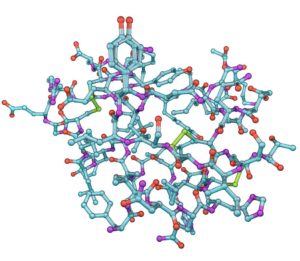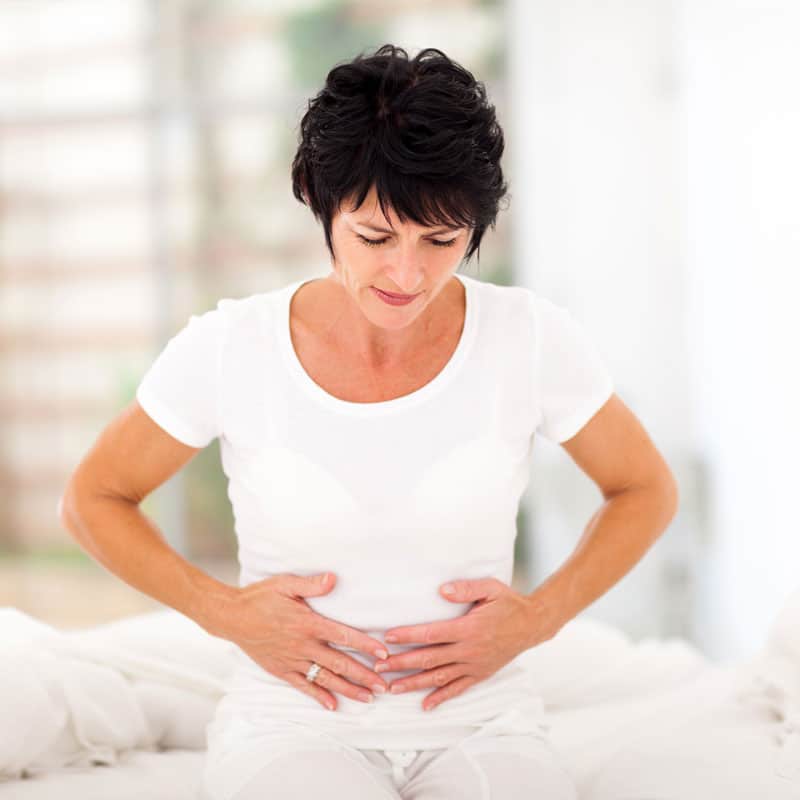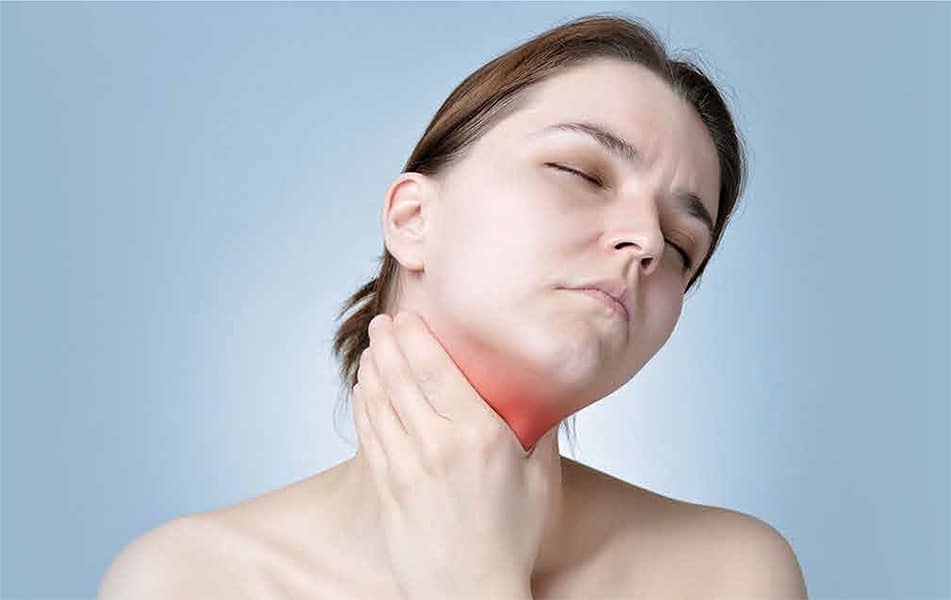Hormones play a huge role in a person’s health. Male and female bodies depend on a healthy balance of hormones to function properly. While a hormone imbalance is often thought to be a women’s health issue, men are just as likely to have difficulties with their hormones. That begs the question, how can we manage male hormone imbalance?
Symptoms of Male Hormone Imbalance
When hormones are out of balance, many complications arise. Male hormone imbalances usually occur due to the natural aging process. However, there are many lifestyle and environmental factors that can adversely influence male hormone levels.
You will often notice a hormone imbalance physically when the tell-tale signs of aging occur. Those symptoms include loss or graying of hair, wrinkling, loss of muscle mass or tone, weight gain around the belly, male breast enlargement, and even more serious complications like increased risk for cardiovascular disease and prostate problems.
In men, the most common hormone imbalance is with testosterone. Generally speaking, men with a hormone imbalance have low testosterone and high estrogen levels.
Here are the symptoms associated with high estrogen levels in men:
- Excess weight around the breasts, hips, and abdomen
- Low libido, infertility, and erectile dysfunction
- Increased risk of stroke and heart attack
- Increased risk of prostate cancer
Here are the symptoms associated with low testosterone levels in men:
- Low libido and erectile dysfunction
- Muscle weakness and poor recovery from exercise
- Fatigue and lack of energy
- Mood changes and depression
- Weak bones
- Osteoporosis
Causes of Male Hormone Imbalance
The cause of male hormone imbalance is multifaceted. In most cases, there is no one single cause, rather it is a combination of several factors.
One of those factors that men often suffer from is ongoing stress. In addition to being a trigger for many chronic diseases and pathological conditions, stress adversely impacts hormone balance. It increases the activity of the enzyme converting testosterone to estrogen, called aromatase. This leads to elevated estrogen levels and a lack of testosterone in the body.
Environmental xenoestrogens from personal care products, pesticides on produce, pollutants, and plastics also contribute to an increase in estrogen levels.
Additionally, low testosterone is often seen in conjunction with insulin resistance and type 2 diabetes. Overweight men are more likely to have low testosterone. At the same time, reduced levels of testosterone encourage fat to be deposited. There is a link between visceral fat, or the fat that sits around your belly, and low testosterone. This is because fat cells change testosterone into estrogen, and obesity reduces the protein which carries testosterone around your body.
How to Test Your Hormones
Hormones can be tested in blood, urine, or saliva. When you work with a functional medicine practice they will help you choose the best method to test your hormones. They will also walk you through the results so you understand exactly what your levels are. Bear in mind the reference ranges used in conventional tests are very broad, meaning your level might not be optimal for you, even though it appears to be in the normal reference range for the general population.
Seven Ways to Support Male Hormone Levels
While it’s important to follow a personalized protocol for your specific needs, there are a few consistent principles to support male hormone levels.
- Eat Protein

For example, research shows that protein is involved in ghrelin production. This hormone regulates appetite and is important to help you avoid unnecessary weight gain. Obesity is one of the causes of hormone imbalance, so proper ghrelin production and appetite regulation are necessary.
- Regular Exercise
Exercise is one way to combat a sedentary lifestyle. It supports male hormone levels in several ways. Studies have shown that men who exercise regularly have higher testosterone levels than those living a sedentary lifestyle. But, it’s not just any exercise that is helpful. The best exercise for hormone balance in men is strength training with resistance exercises and weight lifting.
Exercise also increases insulin sensitivity which helps prevent problems like insulin resistance and type 2 diabetes.
- Avoid Sugar and Carbs
The standard American diet is full of sugar and carbs. These refined foods are very harmful to the body. One of the most important reasons to avoid these foods is to prevent obesity. Eating refined carbs and lots of sugar also leads to an excess of insulin production.
- Add Healthy Fat
On the other hand, healthy fats are essential for optimal health. They contribute to physical and mental health and affect the balance of certain hormones. Medium-chain triglycerides are some of the most important healthy fats. They can be found in coconut oil or pure MCT oil. Monounsaturated fats are also important and should play a large role in your diet. These fats are found in olive oil and some nuts.
- High-Quality Sleep
High-quality sleep is no joke. Several hormones that can be affected by poor sleep include ghrelin, leptin, cortisol, insulin, and growth hormone. One study showed that after only two days of sleep deprivation hormone levels were adversely affected. There was an 18% decrease in leptin while ghrelin levels increased by about 28%. This shows that poor sleep leads people to eat more.

- Avoid Estrogenic Foods and Compounds
Many popular foods and personal care products could potentially cause an increase in estrogen levels in men. Soy milk, isolated soy protein, beer, and even grapefruit can add to the cumulative effect of estrogenic-like compounds in men. These xenoestrogens are chemical, synthetic compounds that mimic the structure of estrogen. There also exist phytoestrogens which are plant-based compounds that show estrogenic properties.
- Manage Stress
A little bit of stress can be good for the body. Unfortunately, in today’s world daily stress is something most people face. When stress becomes overwhelming and chronic, you experience a consistent release of cortisol and adrenaline. High levels of cortisol are implicated in many chronic health conditions. Too much stress also suppresses the endocrine system making it harder to produce the other hormones your body needs.
Ready to Evaluate if You Have Hormone Imbalances
Our team of functional medicine clinicians will help identify your hormone imbalances. We will give you a personalized protocol specifically designed to support male hormone levels. If you’re interested in learning more reach out here!























